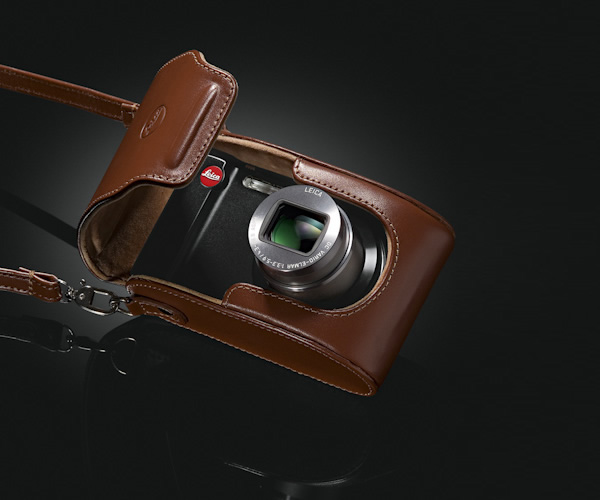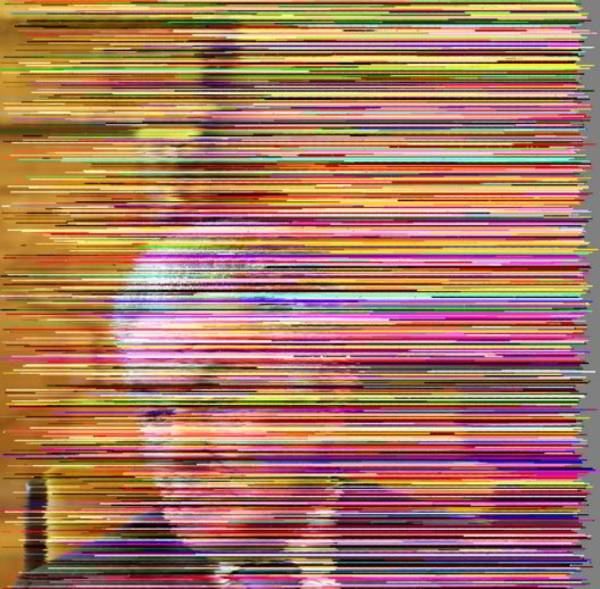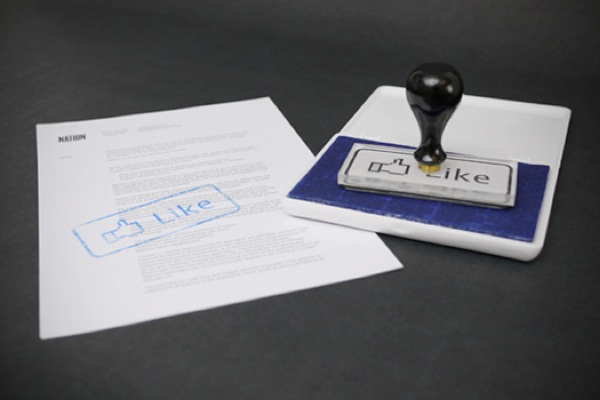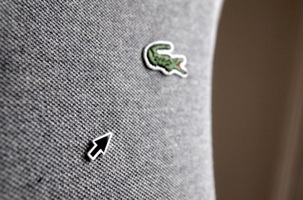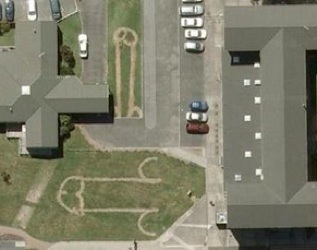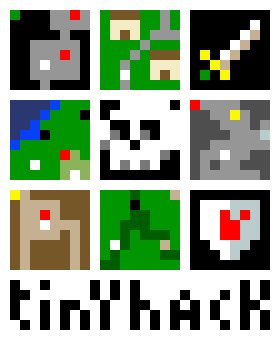 Amazing favicon hacks such as Matheiu Henri's Defender of the Favicon made me wonder: just how small could a game go? I'm not much of a coder, but over the weekend I had a go at making an adventure game only 8x8 pixels in size.
Amazing favicon hacks such as Matheiu Henri's Defender of the Favicon made me wonder: just how small could a game go? I'm not much of a coder, but over the weekend I had a go at making an adventure game only 8x8 pixels in size.It's barely-playable and has all the charm of a malicious lite-brite. But once you've found the sword, shield and the all-important, all-healing pub, you can dash through it in a few minutes. I bet a really great programmer could fit a proper roguelike into the same space!
As it seems more like a 1970s electronic toy than a video game, I also made sure to include the original box, which explains exactly what those meaningless pixels are. (And you can refresh the page for a randomly generated one)
Play Tinyhack




